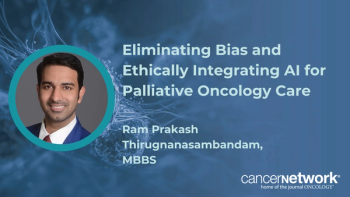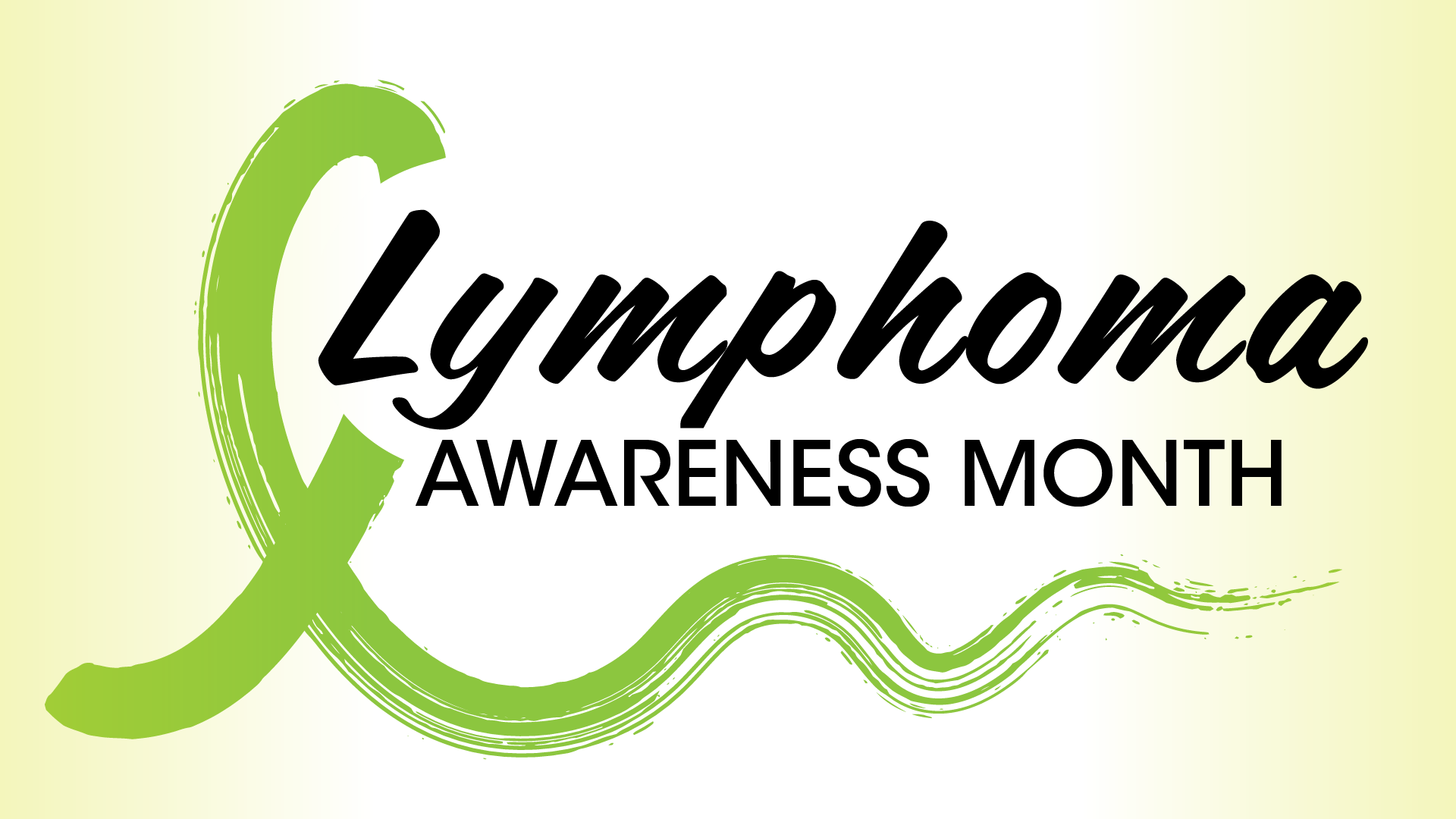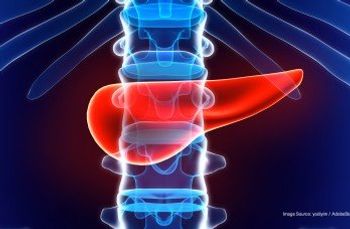
Kami J. Maddocks, MD, Talks Updates in Hodgkin Lymphoma Using Brentuximab Vedotin and PD-1 Inhibitors

Kami J. Maddocks, MD, reviews updates to a pivotal trial supporting the use of brentuximab vedotin in advanced-stage Hodgkin lymphoma and ongoing research into PD-1 inhibitors in this space.
Transcript:
In Hodgkin lymphoma, there was a phase 3 trial [NCT01712490] that evaluated patients with advanced-stage disease, or stage III or IV disease, comparing standard-of-care therapy which is 6 cycles of ABVD [doxorubicin, bleomycin, vinblastine, and dacarbazine] vs AVD [doxorubicin, vinblastine, and dacarbazine] plus an antibody-drug conjugate called brentuximab vedotin [Adcetris], which targets CD30. This trial was previously reported to show a PFS [progression-free survival] benefit in advanced stage Hodgkin lymphoma with the use of brentuximab vedotin in place of bleomycin. This summer, we saw an update to the trial showing an overall survival [OS] benefit in patients with advanced-stage disease who were treated with this therapy. Our goal in oncology is always to conduct trials that provide an OS benefit to patients, and so it’s exciting to see that after longer follow-up this trial did have an OS benefit in that arm.
The standard treatment of patients with classical Hodgkin lymphoma is based on stage of [disease]. Early-stage Hodgkin lymphoma can be treated with chemotherapy, or chemotherapy in combination with radiation. The amounts [of treatment] depend on the stage of disease and the patient’s risk factors defined at diagnosis. [Meanwhile], advanced-stage Hodgkin lymphoma is treated with chemotherapy, and [now] there’s a role for chemotherapy in combination with brentuximab vedotin [given] the results of this trial. [This regimen] will probably be included in the upfront treatment for even more patients.
I would also like to mention an ongoing phase 3 trial looking at the role of PD-1, or immunotherapy in combination with chemotherapy, in the frontline setting [NCT03907488]. This phase 3 trial is looking at AVD plus brentuximab vedotin vs AVD plus a PD-1 antibody. These antibodies have been very effective in relapsed/refractory Hodgkin lymphoma. Further investigation of these therapies, both in the initial setting and in combination in the relapse setting, is something [else] to look forward to.
Newsletter
Stay up to date on recent advances in the multidisciplinary approach to cancer.












































